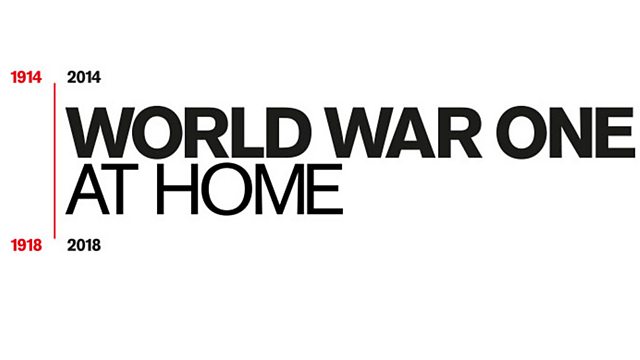Newmarket, Suffolk: The Race Must Go On
The July course hosts the classics as other racecourses close down for the war
Most sporting programmes were halted during World War One but at Newmarket racing continued on the July course. There were occasional events at other courses, but, as well as maintaining much of its own racing calendar, the July course hosted the classic including the Derby and the Oaks which are usually held at Epsom.
One main reason behind the decision was that racing was big business in the years leading up to the war and Newmarket had no other industry to keep it going. The other was the recognition that the breeding of horses had to continue through the war years, for both light horses and thoroughbreds.
The decision to continue the racing calendar on the July Course was a controversial one and Lord Kitchener even tried to get it stopped. One of the big concerns, particularly towards the end of the war, was whether there was enough oats for both race horses and the cavalry.
One of the most successful jockeys of the time, Joseph ‘Joe’ Childs rode in races while on leave from the 4th Hussars. In 1918, he won the Triple Crown (the 2,000 Guineas, the Derby and the St Leger) on Gainsborough and gave his winnings and all his race fees for the year to regimental funds.
Newmarket’s other course, the Rowley Mile was, like many other grounds around the country, taken over by the military; it became an RAF base during the war, and in the months after the armistice was used as a training ground for around 1,200 Russian Officers who had been released from captivity by Germany following the signing by Bolshevik leadership of the Treaty of Brest-Litovsk.
Location: The July Course, Newmarket, Suffolk CB8 0TG
Duration:
This clip is from
Featured in...
![]()
����ý Radio Suffolk—World War One At Home
Places in Suffolk that tell a story of World War One
![]()
Home Front Life—World War One At Home
Everyday life in the towns, villages and countryside
More clips from World War One At Home
-
![]()
The loss of HMY Iolaire
Duration: 18:52
-
![]()
Scotland, Slamannan and the Argylls
Duration: 07:55
-
![]()
Scotland Museum of Edinburgh mourning dress
Duration: 06:17
-
![]()
Scotland Montrose 'GI Brides'
Duration: 06:41







